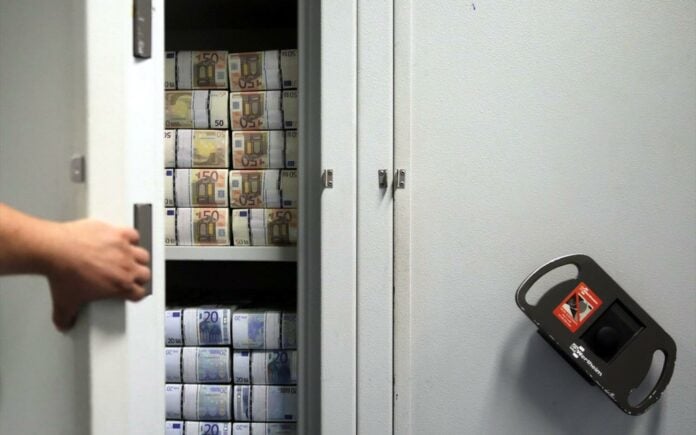Greece’s finance ministry now takes center stage in the wake of Tuesday’s late-night approval of the first review of the Greek program, with the goal none other than meeting fiscal budget targets for the year with practically no leeway for deviations.
The first 7.5 billion euros of the total 10.3-billion-euro loan package provided by institutional creditors should cover the Greek state’s financing needs until the end of the year, a sum that will reportedly be used to pay back roughly 50 percent of the debts the state owes to the private sector.
The other major challenge for the finance ministry is to collect budgeted taxes and fees, given that between May and December the target calls for four billion euros, on average, in monthly collected revenues. The target is all the more ambitious given that in the first four months of 2016, the average intake did not exceed 3.5 billion euros on a monthly basis, although the second half of the year coincides with the filing of income tax returns.
The goal is 31.5 billion euros to flow into state coffers between May and December 2016. So far, between January and April 2016, the figure has not exceeded 14 billion euros. The memorandum-mandated primary budget surplus target for 2016 is 0.5-percent of GDP, something that the leftist Greek government appears confident of reaching. If successful, then an automatic spending cut mechanism, dubbed the “cutter” by the local media and political opposition, will remain inactive at least until May 2017, when the first official figures for 2016 will be announced by Greece’s statistical service and Eurostat.














